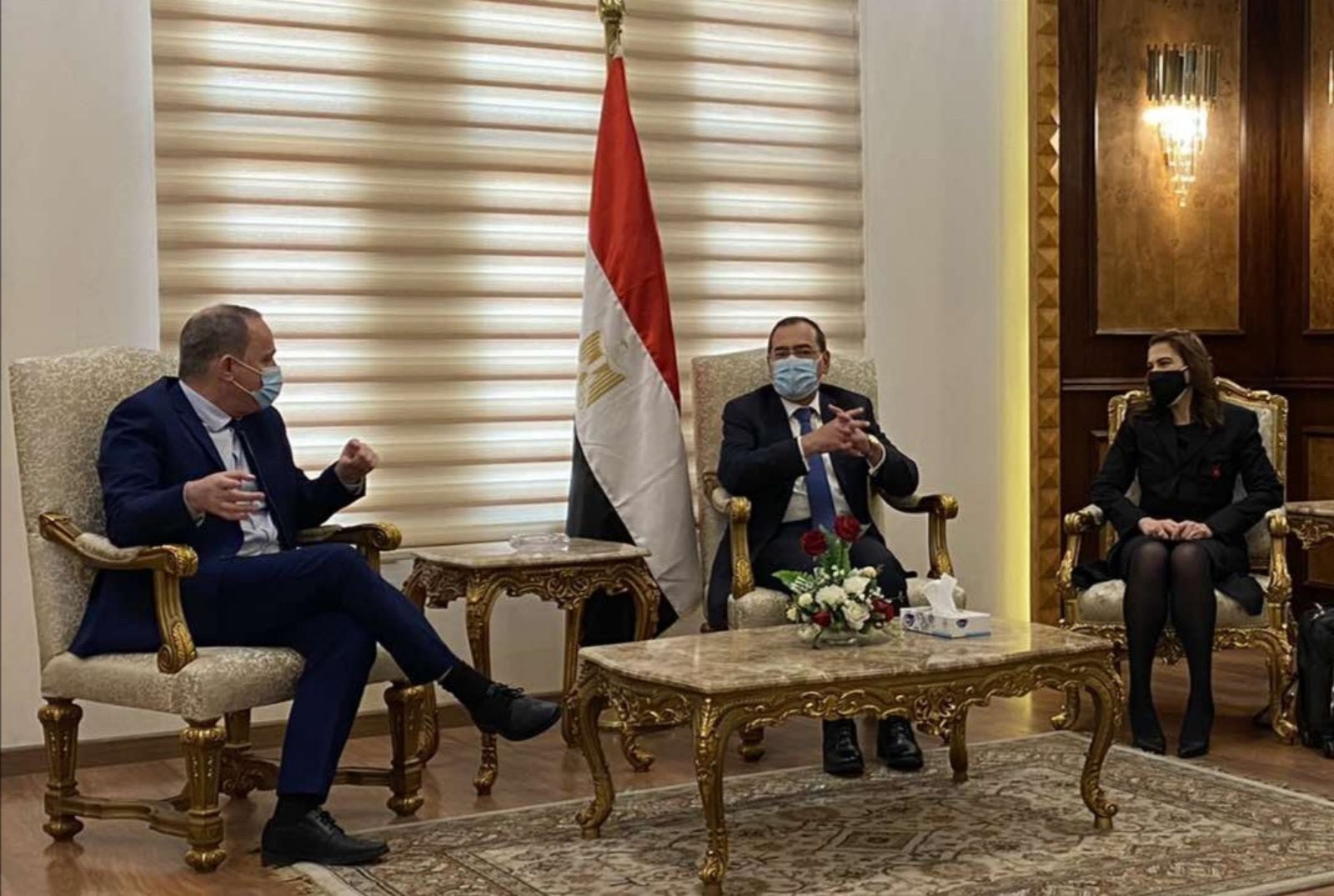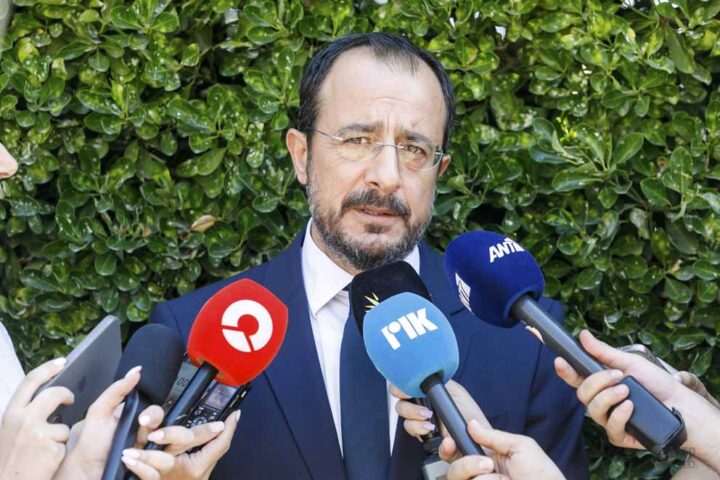Egypt, Cyprus, and Greece are expected to sign a memorandum of understanding (MoU) for cooperation on the 2,000MW electricity cable linking their power grids to ensure energy security.
According to Cyprus Energy Minister Natasa Pilides, the MoU will be signed “very soon”, which government sources put at the end of March or early April.
The MoU, to be signed by Pilides, Egypt’s Electricity Minister Mohamed Shaker and Greece’s Energy and Environment Minister Costas Skrekas, will engage all three governments as stakeholders in the EuroAfrica Interconnector.
“In effect, this means greater involvement by the three governments to ensure a quicker completion of the project by fast-tracking permits and licenses in all three countries,” an energy observer said.
Starting from Damietta in Egypt, the first phase of the EuroAfrica Interconnector will cost €2.5 bln and transmit 1,000MW, doubling at a later stage to 2,000MW.
It will be 1,396km long, with the Damietta-Kofinou section at 498km and the Kofinou-Korakia section in Crete at 898km.
The EuroAfrica Interconnector places Egypt at the forefront of energy production and transmission in the region, paving the way for electricity to be exported as part of an ‘energy highway’ linking the Arab world to Europe.
The Cyprus-Greece segment of the cable will also help end the energy isolation of Cyprus. This last non-interconnected EU member state continues to rely on expensive fuel imports to drive its power stations.
Political support for the project was reaffirmed in October 2020 with the trilateral declaration signed by President Abdel Fattah El Sisi, President Nicos Anastasiades and Greek Prime Minister Kyriakos Mitsotakis.
In the declaration, the three leaders expressed their “unwavering support” to establish the EuroAfrica Interconnector that promotes close cooperation between the three countries and ensures energy security and security of supply for the stakeholder countries and Europe.
A similar MoU was signed in early March for the EuroAsia Interconnector.
Egypt energy hub
In a recent interview with the Daily News, Electricity Minister Shaker said Egypt would need long-duration energy storage to incorporate renewables, creating electricity interconnectors linking existing networks.
With renewable energy power stations underway to have a capacity of 6,378 MW by the end of the year and an additional 1,400 MW capacity in the pipeline, Egypt aims to generate electricity at 2 cents/KW from solar energy and 3 cents/KW from wind.
Parallel to the EuroAfrica Interconnector between Egypt and Cyprus, other electricity interconnectors underway include exchange with Jordan, Iraq, Syria, and Saudi Arabia.
Shaker explained that electrical interconnection projects between countries have many benefits, including technical, economic, environmental, social, and political.
These are represented in improving the economic reliability of electric power systems.
He added that interconnectors would also strengthen energy security between countries and political stability due to creating an atmosphere of cooperation and dialogue.
That includes the existence of common economic interests and new job opportunities during the construction and operation period.
He said that Egypt is working hard in promoting electrical interconnectors, which plays a vital role in enhancing energy security, stabilising the grid, and increasing the use of renewable energy in the medium and long term.
The total current renewable energy capacity in Egypt is about 5,878 MW, including 1,375 MW of wind energy, 1,671 MW of solar power, and 2,832 MW of hydropower.










